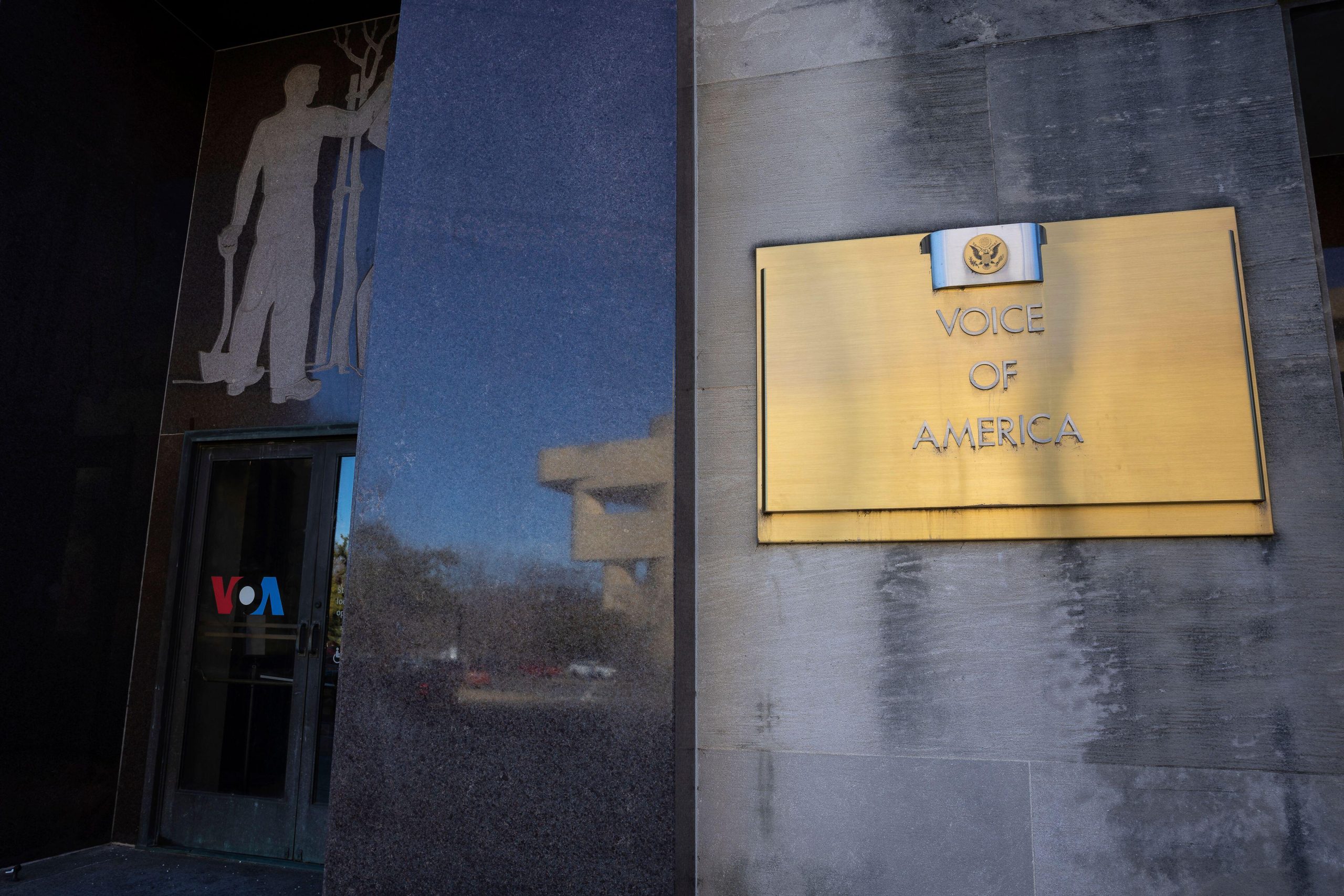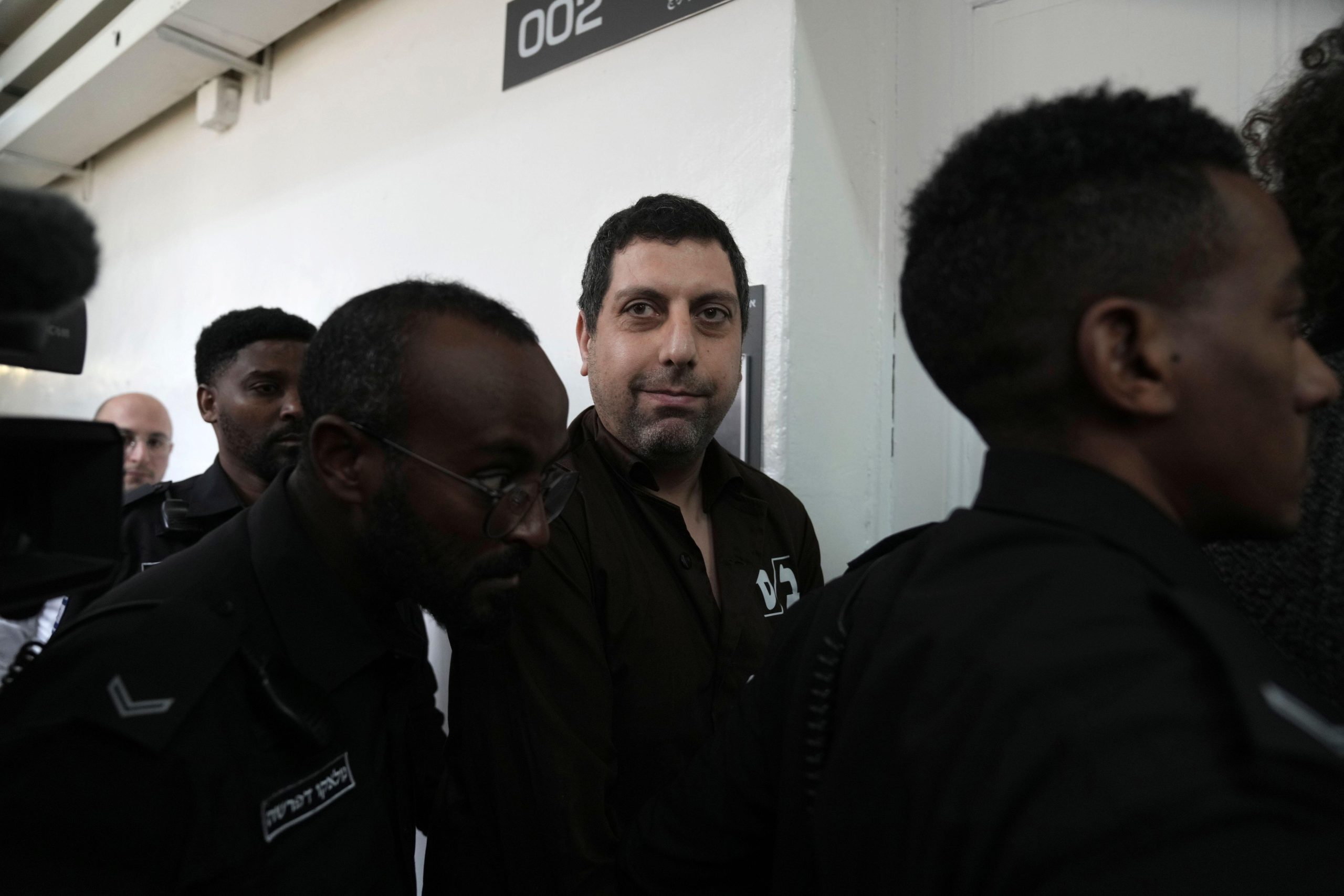
Turkish President Recep Tayyip Erdogan (Photo: Philip Janek / Demotix)
What’s wrong with Turkey? Or, more to the point what is wrong with Turkey’s president that makes him so determined to fight, like a two a.m. drunk vowing to take on all comers?
In the past week alone, Turkey’s President Recep Tayyip Erdoğan and his allies have launched attacks on his former ally Fethullah Gülen and his followers, novelists Orhan Pamuk and Elif Shafak, and even supporters of Istanbul soccer club Besiktas. It would be foolish to attempt to rank these attacks in terms of importance or urgency, but the attack on the Gülenites is the most interesting.
The Gülen movement was almost unknown to anyone outside Turkey and the Turkish diaspora until 2008, when Fethullah Gülen topped an online poll run jointly by Prospect and Foreign Policy magazines. The poll was almost certainly hijacked by members of the movement, which its leader modestly claims doesn’t really exist (“[S]ome people may regard my views well and show respect to me, and I hope they have not deceived themselves in doing so,” Gülen conceded in an interview with Foreign Policy. “Some people think that I am a leader of a movement. Some think that there is a central organization responsible for all the institutions they wrongly think affiliated with me. They ignore the zeal of many to serve humanity and to gain God’s good pleasure in doing so.”)
The movement, known to some as “Hizmet”, is seen as bearing great power in Turkey. In a country well used to conspiracy theories about secret organisations — such as the perceived ultra-nationalist, ultra-secular Ergenekon — it is unsurprising that the Gülenists attract suspicion. Their cultishness does little to allay that sentiment.
Among the many weapons at the disposal of the movement are its newspapers, the Turkish Zaman and English-language Today’s Zaman. It was journalists from Zaman, among others perceived as Gülenites, who were arrested over the weekend, as reported by Index.
The move by Erdoğan against Gülenists is widely seen as part of Erdoğan’s defence against allegations of corruption within his party — allegations he believes are led by Gülenists within the police and other agencies.
With their journalists arrested, the Gülenists now find themselves facing the kind of censorship they themselves espoused not so long ago.
In 2011, journalist Ahmet Sik was working on a book called Army of the Imam, which was sought to expose the Gülenists’ connections with the police. The manuscript was seized by authorities. When Andrew Finkel, then a columnist with Today’s Zaman (and occasional Index contributor), submitted an article suggesting that the Gülen movement should not support such censorship, he was sacked by the paper. (The column subsequently appeared in rival English-language newspaper Hurriyet Daily News)
It’s tempting amid all this to wish for a plague on all their houses. But as one Turkey watcher pointed out to me, it’s inevitable that some innocents will get caught in the crossfire between the former allies in Erdoğan’s Islamist AK party and the Gülen movement.
Meanwhile, in keeping with the paranoid style of Turkish politics, pro-Erdoğan newspaper Takvim identified an external enemy in the shape of an “international literature lobby”.
The agents of that lobby, which is clearly anti-Turkish rather than pro-free speech, were identified as Orhan Pamuk and Elif Shafak. It is, in its own way, true that Shafak and Pamuk are part of the international literature lobby: London-based Shafak can often be seen at English PEN events, and Pamuk has long been identified as a literary and free speech hero around the world. But it is an enormous stretch to imagine that the novelists of the world are gathering in smoke-filled rooms plotting the overthrow of the Turkish state, rather than just hoping that Turkish people should be allowed write and read books in peace. Takvim went as far as to imagine that the authors were paid agents of the “literature lobby”, which is to make the terrible mistake of imagining there’s money in free speech. No matter: paranoia excels at inventing its own truths.
Amidst all this, less glamorous than Pamuk and Shafak, less powerful than Gülen and Erdoğan, fans of Besiktas football club too face persecution. The “Çarşı” group are claimed to have attempted a coup against the government after playing a prominent role in the Gezi park protests. Supporters of the tough working class Istanbul club, known as the Black Eagles, have a reputation for anti-authoritarianism and political activism. According to Euronews’ Bora Bayraktar: “While the court’s verdict is uncertain, what is known is that the Çarşı fans – often proud to be ahead of their rivals – have become the first football supporters’ group to be accused of an attempted coup.”
A source in Istanbul tells Index that when asked how he answered to the charge of fomenting a coup, one accused supporter replied: “If we’re that strong we would make Beşiktaş the champions!”, a prospect as unlikely for the underdog club as a dull but functioning liberal democracy seems for Turkey.
This article was posted on 18 December 2014 at indexoncensorship.org




